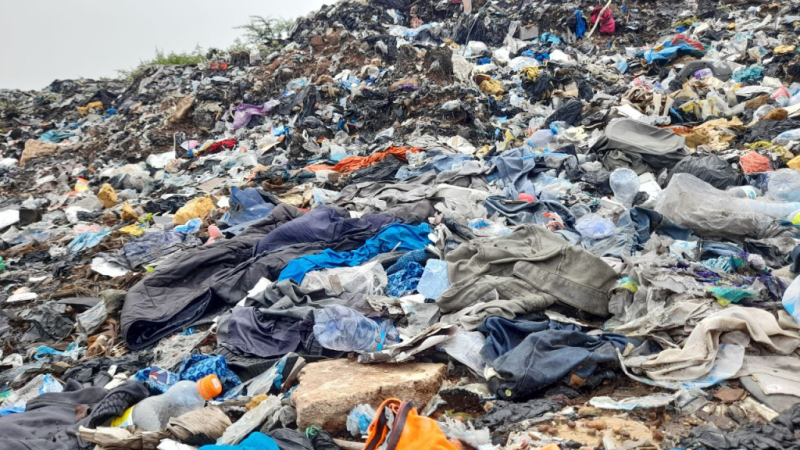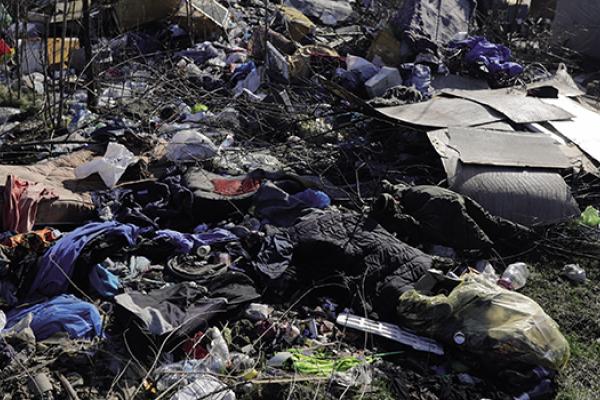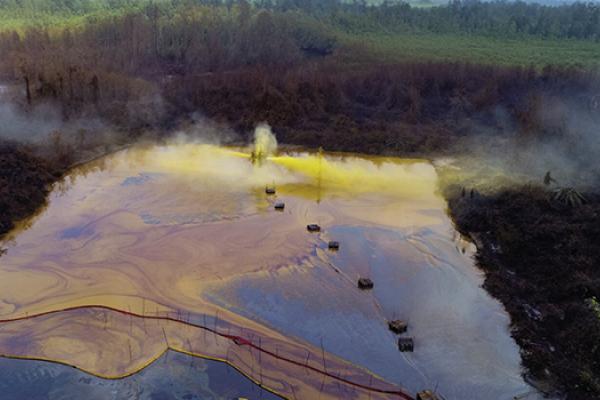The story revealed that despite the fact that it is explicitly mentioned on the Nigeria Customs website, the Customs have continued to turn a blind eye to these illegally imported goods, leaving second-hand apparel to fill every nook and cranny of the third-world country's markets.
This investigation also reveals that second-hand clothe vendors in Lagos, South-West Nigeria and Abia, South-East Nigeria's, suffer the worst hit because the money required to pay for the products seldom generates a return, leaving these vendors to keep accruing debt. Due to the numerous debts accumulated as a result of the purchase of worn-out clothing, some traders have also quit the trading.
It also emphasizes the effects of such traders' goods and how they would affect tax payments, causing the nation to lose money because some of these commodities are smuggled in illegally.
Although some second-hand clothing traders in Nigeria declined to comment because the importation of such goods is illegal, the reporter was still able to speak with a few of these traders, including exporters, to learn how second-hand clothing is purchased, who their main suppliers are, and what country their goods are imported from. All vendors asserted that their products were sourced from the UK; significant exporters of used apparel to Nigeria included Scots, Hottest, and Wilcox.





